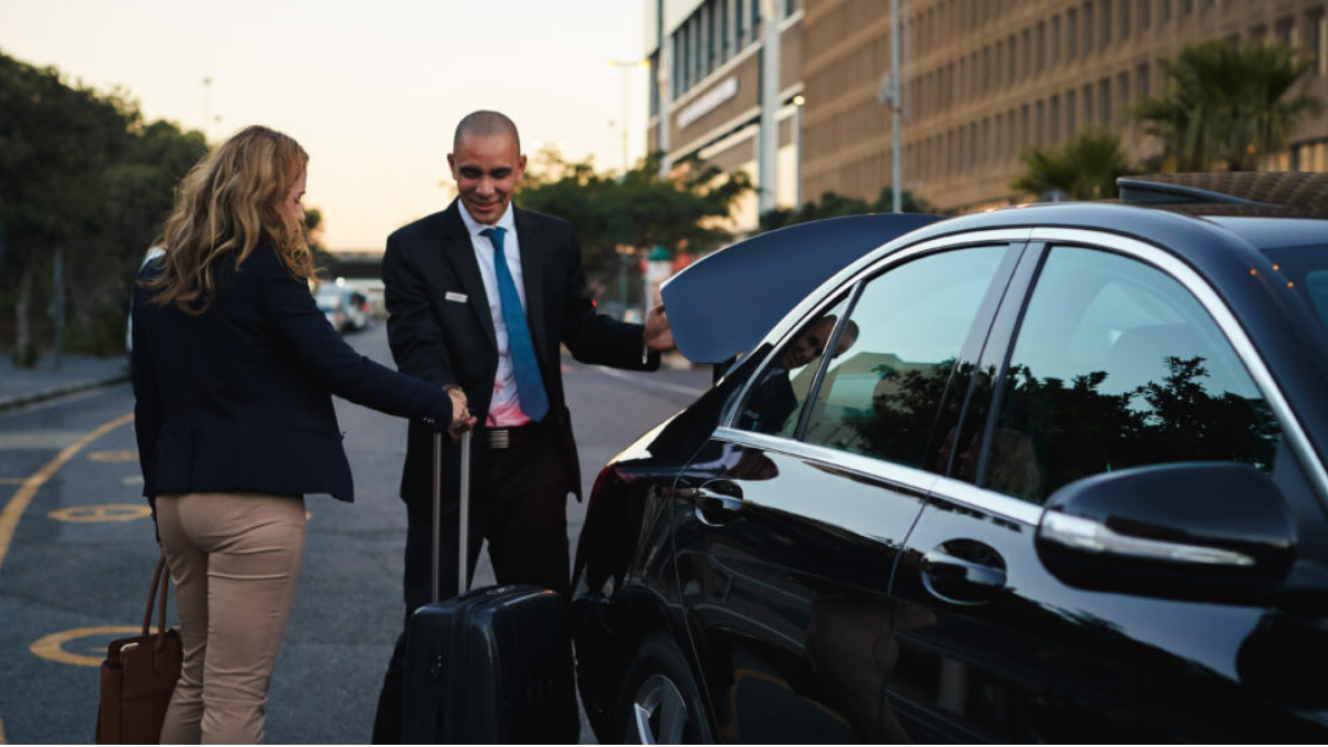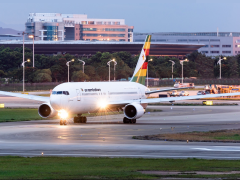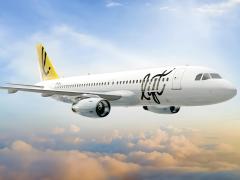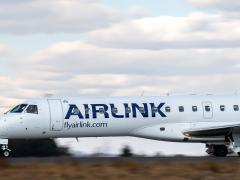E-hailing services like Uber and Bolt remain popular among corporate travellers in South Africa, but will the frequent driver strikes force companies to rethink their ground transport policies and programmes?
Over the past month, in Johannesburg drivers from both platforms have been protesting commission percentages, unprofitable fares, safety, and working conditions. According to TimesLive, drivers have either gone offline or hiked their prices. Last week, BusinessTech reported that the National E-Hailing Federation of South Africa was planning a national shutdown.
Impact on corporate travel
This uncertainty has triggered a slight shift in traveller behaviour, specifically among time-sensitive business travellers.
“Strikes add a layer of stress to the journey, and impact users who love the flexibility of e-hailing services. Strikes introduce uncertainty and could increase rates, affecting how travellers choose to get around,” said Za Nkosi, Head of Operations, FCM.
Dmitri Eremin, GM of The Travel Group, said the strikes could result in pre-emptive action to avoid disruptions, and that he anticipated a shift towards alternative transport options.
Pre-booked transfers and rentals
Linda Edwards, MD of XL Turners Travel, said with the looming strikes in South Africa, clients were opting for pre-booked transfers or rental cars to ensure they were not stranded.
“A lot of corporate clients use e-hailing internationally depending on the destination, but not as much domestically. This is due to security reasons, waiting times and conditions of the vehicles. Domestically they prefer to book ‘chauffeur-type’ services or rental cars.
E-hailing still popular
“Interest was big pre-COVID due to flexibility and cost. It is still very popular but there has been a shift to prebooking a chauffeur drive where times are set so there are no delays. Pre-booked transfers are normally done for airport transfers and e-hailing for hotel to office or evening transfers as it is more flexible and cheaper,” said Edwards.
Nkosi said: “This is because of the inherent flexibility, particularly at short notice and they are widely trusted by regular passengers. The most popular requests are airport to hotel, hotel to office, meetings or appointments – routes where travellers can still work productively during the journey.”
Eremin agreed that clients tended use e-hailing where it was quicker and more convenient. “E-hailing services do have their benefits and we have corporate clients still booking them. A lot of our clients prefer pre-booked transfers but e-hailing is a convenient back-up should there be difficulties with the pre-booked transfer.”
Despite short-term disruptions, Edwards believes that demand for e-hailing services is expected to grow. “There is a big demand for e-hailing, so I do think that this market will grow, especially where services are offering a seamless, safe experience in terms of ease of use, upgrading security and third-party payment options.”
Nkosi and Eremin expect demand to remain stable. “Interest has remained relatively stable, rather than showing significant growth or decline. Enhanced safety and monitoring features – such as improved driver screening, better tracking systems, and even self-driving/autonomous vehicles – could drive growth,” said Nkosi.













